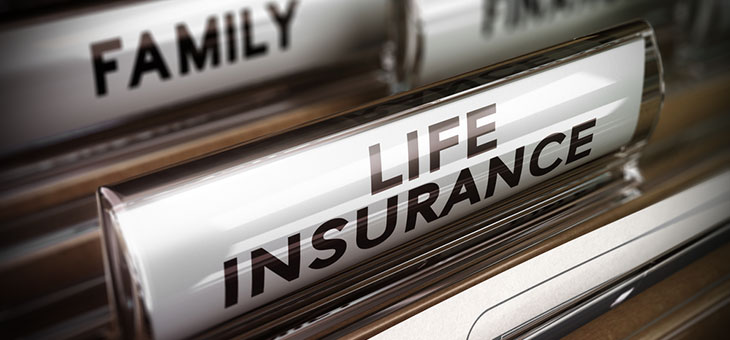Patrick wants to know how best to bequeath an insurance policy on his wife’s life. Rod Cunich offers some guidance.
•••
Patrick:
A husband in his will leaves all his assets to his wife. One asset he has is an insurance policy on his wife’s life. Should he consider transferring ownership of policy to (1) himself and his offspring or (2) to his offspring only, to cover the scenario of his death before his wife’s? What are the tax implications of either choice?
A. Before addressing your question, let’s clarify an often misunderstood character of life insurance. The ‘policy owner’ is responsible for paying premiums and ensuring the right level of cover remains in place. The owner can also make changes to the policy or even cancel it. At the time the insurance contract is created, the life insurance policy owner must determine the policy’s beneficiaries, and also has the authority to change those listed as beneficiaries at a later date. Note: the policy owner can also be the beneficiary.
Having restated what ‘owner’ means, reading the schedule to the insurance policy is the starting point to answer your question. First, check who the owner is. It is only when an ‘owner’ is changed that the question of payment of capital gains tax (CGT) becomes a potential problem. Changing the beneficiary, but leaving the ‘owner’ intact, doesn’t.
In your example (assuming the husband actually is the owner of his wife’s policy), then the husband is both ‘the owner’ and ‘the beneficiary’. The question only addresses the issue of changing ‘the beneficiary’ – the owner remaining the husband.
Your policy may already provide that if the husband predeceases his wife, the proceeds of her policy pass to the husband’s estate for distribution by his will or it may provide that the proceeds go directly to his children. It may provide no default backup.
It is common for policies to provide that if the beneficiary predeceases the insured, the proceeds will pass to the beneficiaries’ ‘legal personal representative’. This means to their estate for distribution by their will.
The only reason you might consider a direct payment to children rather than to the beneficiary’s estate is to avoid the proceeds becoming part of the deceased estate. A person might prefer this, for example, where:
a) They don’t want the proceeds passing through their estate because the will is likely to be challenged, or
b) There are special circumstances such as wishing to provide funds to children of an earlier relationship without having to first pass through your estate.
There is no ‘best’ answer that is appropriate to every situation. You must ensure that the arrangements best suit your circumstances. I recommend seeking advice from someone who can help you identify all the options, and which one best suits you.
Rod Cunich is a lawyer with more than 30 years’ experience in estate planning. If you have a question for Rod, email it to newsletters@yourlifechoices.com.au
Related articles:
Will father’s death affect inheritance?
What’s involved in being an executor?
Can Katy contest 20-year-old will?
Disclaimer: This information has been provided by Rod Cunich and should be considered general in nature. Seek legal advice before acting on this information.

